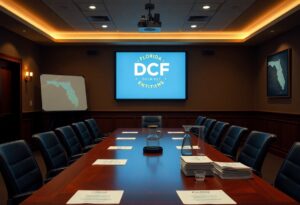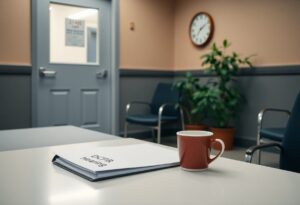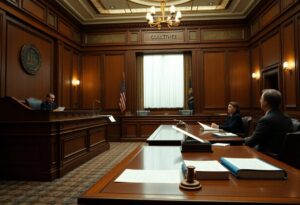DCF Investigation Process Support an Allegation of Neglect for Its Own Conduct
Understanding the Scope of DCF Investigations
The Massachusetts Department of Children and Families made a huge mistake by picking up the wrong child from daycare.
The DCF worker claimed that the mistake was a result of both children having the same name.
What if we reversed the roles?
Can DCF Investigate Its Own Mistakes as Neglect?
While DCF rigorously investigates allegations against caregivers, there is no standard procedure for DCF to investigate itself for neglect or errors in its own conduct, such as mistakenly picking up the wrong child from daycare. The system is designed to hold caregivers accountable, often to a high standard, but it does not typically extend this investigative framework inward to its own employees in the same manner.
Accountability and Oversight of DCF Conduct
Mistakes by DCF, such as the cited incident of picking up the wrong child, may be subject to internal reviews, administrative oversight, or external audits rather than a child neglect investigation process. DCF workers are expected to perform their duties with care, but when errors occur, accountability mechanisms differ from those used to investigate alleged neglect by caregivers. The department may acknowledge errors, but does not apply the child neglect investigation process to itself.
Implications of Applying Neglect Allegations to DCF
If the DCF investigation process were applied to its conduct, it would raise complex questions about impartiality and conflict of interest. The current process is structured around protecting children from external caregivers, not policing the agency’s internal operations. This distinction is important because DCF often holds parents to strict standards for minor issues, yet its own mistakes are handled differently
The incident involving the Massachusetts Department of Children and Families mistakenly picking up the wrong child from daycare highlights a critical issue in how DCF handles errors, both its own and those of caregivers. While DCF is quick to investigate and sometimes penalize parents for relatively minor issues, such as an untidy home or an empty fridge, it does not subject itself to the same scrutiny.
This double standard raises questions about fairness and accountability within the child welfare system. If a caregiver’s honest mistake can trigger a neglect investigation, then logically, DCF’s errors—especially those that directly affect children’s safety—should also be examined with equal rigor.
Moreover, the DCF worker’s explanation that the mistake occurred because both children had the same name underscores the challenges and human errors inherent in any system. Everyone makes mistakes, including DCF employees, yet the agency often expects perfection from parents and caregivers.
This discrepancy suggests a need for DCF to adopt a more nuanced approach that recognizes human error without automatically equating it to neglect. A more balanced perspective would allow DCF to differentiate between willful neglect and honest mistakes, whether committed by caregivers or its staff.
Finally, reversing the roles in this scenario—imagining if a parent were held to the same standards as DCF—reveals the potential for unfairness in the current system. DCF’s investigative process is designed to protect children, but it should also incorporate mechanisms for self-reflection and accountability.
Recognizing that errors can occur on all sides would help improve trust in the system and promote better outcomes for children and families alike. This approach calls for DCF to not only investigate allegations of neglect thoroughly but also to critically evaluate its own conduct when mistakes happen.
[title style=”center” text=”disclaimer”]
You find yourself in this situation, it’s advisable to seek legal representation from a qualified attorney, like those at the Law Office of Kevin Seaver, who can advocate for your rights and guide you through the complex process of a DCF investigation.
Remember that the ultimate goal of DCF is to ensure the safety and well-being of children while supporting families in crisis.
Please note that this article does not create an Attorney-Client relationship between our law firm and the reader and is provided for informational purposes only. Information in this article does not apply to all readers.
Readers should not rely on this information as legal advice and should seek specific counsel from the attorney based on personal circumstances. Thank you.
Kevin Patrick Seaver is a Massachusetts DCF Defense Lawyer who represents parents against false child abuse allegations.
[section label=”Media Left” bg_color=”rgb(193, 193, 193)” bg_overlay=”rgba(255, 255, 255, 0.85)” padding=”60px”]
[row style=”large” v_align=”middle”]
[col span=”3″ span__sm=”12″ bg_color=”rgb(0, 35, 71)”]
[ux_image id=”13950″]
[/col]
[col span=”9″ span__sm=”12″ align=”left”]
Massachusetts DCF Defense Lawyer Kevin Seaver has been successfully fighting false child abuse allegations since 1991.
[/col]
[/row]
[/section]





